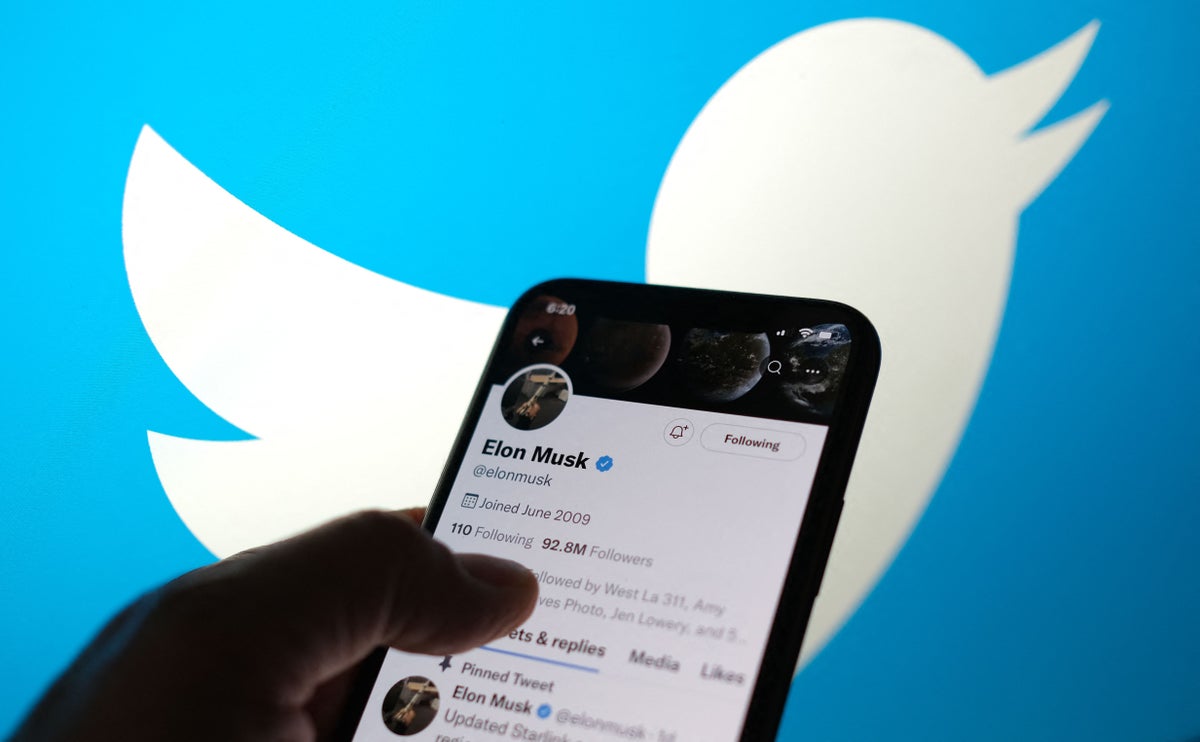
Twitter has suspended the account of prominent liberal journalist Aaron Rupar as well as reporters from CNN, The New York Times and The Washington Post who have covered Elon Musk.
Rupar, who has more than 788,000 followers, had his account suspended the day after Twitter suspended then restored an account that followed the movements of the billionaire’s private jet.
“Criticizing me all day long is totally fine, but doxxing my real-time location and endangering my family is not,” Mr Musk tweeted on Thursday night.
Mr Musk then tweeted that the accounts would be suspended from his $44bn platform for one week.
“7 day suspension for doxxing. Some time away from Twitter is good for the soul …” he added in respone to a follower saying they did not want to see anyone permanently banned.
The move came on the same day that Twitter suspended the account of social media rival platform Mastodon.
Also suspended are Donie O’Sullivan of CNN, Drew Harwell of The Washington Post and Ryan Mac of The New York Times, all of whom have covered Mr Musk in recent months.
“I never posted anything Elon Jet related or that could violate the policy about disclosing locations. Unless the policy is that you criticize Elon and you get banned,” Rupar told CNN’s Oliver Darcy.
Micah Flee of The Intercept and political pundit Keith Olbermann have also been suspended.
“Elon says he is a free speech champion and he is banning journalists for exercising free speech,” Harwell told Darcy. “I think that calls into question his commitment.”
Rupar’s suspension came a day after he published a Substack article written by Noah Berlatsky criticising Mr Musk, with the headline ‘Elon Musk’s Reactionary Populism.’
“It’s all about punching down at the already marginalized,” the article stated.
Rupar was an Associate Editor at Vox Media until 2021, and has been covering national politics as an independent journalist ever since.
Rupar regularly covers right-wing politicians such as Donald Trump, as well as Fox News and hosts such as Tucker Carlson and Sean Hannity.
Mr Musk, who reluctantly bought the San Francisco-based company for $44bn in October, had previously tried to buy the jet-tracking account.
His suspension of the @ElonJet account came weeks after he said he had not done it because of his “commitment to free speech.”
“My commitment to free speech extends even to not banning the account following my plane, even though that is a direct personal safety risk,” he tweeted on 6 November.







